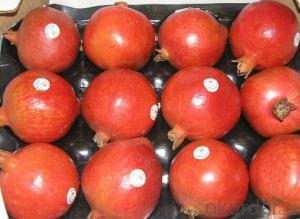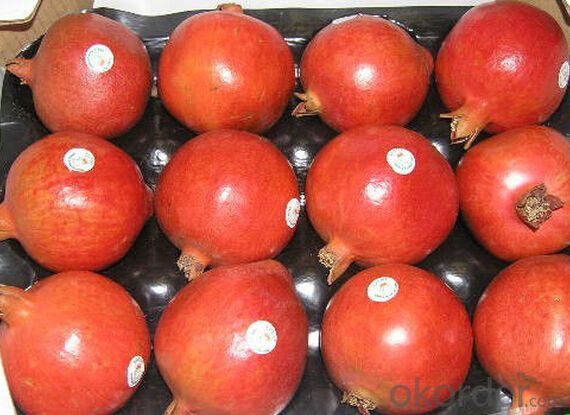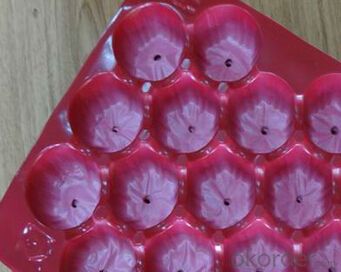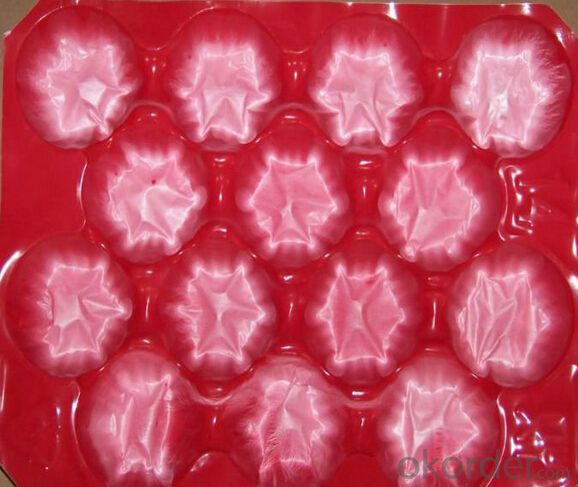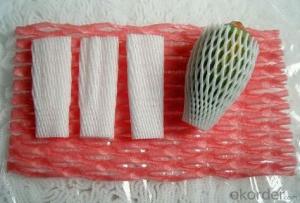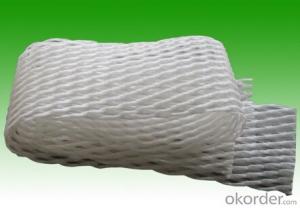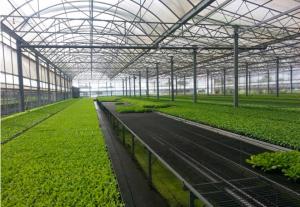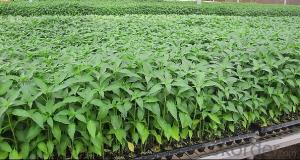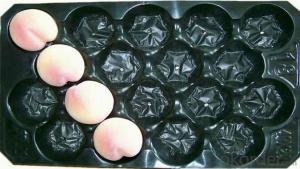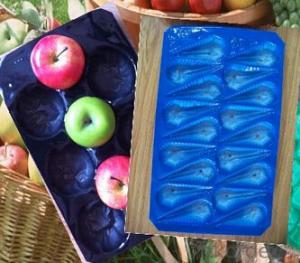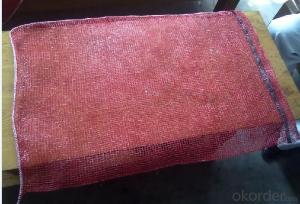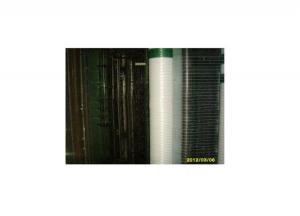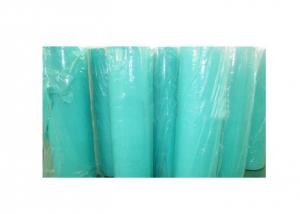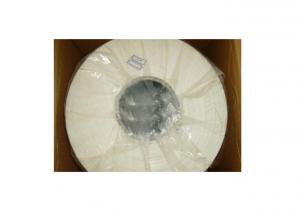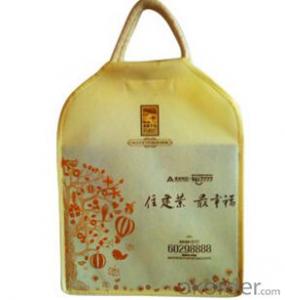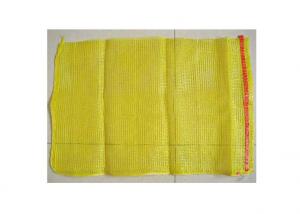Protective Inner Liner For Packaging Pomegranate
- Loading Port:
- Qingdao
- Payment Terms:
- TT OR LC
- Min Order Qty:
- 200000 pc
- Supply Capability:
- 6000000 pc/month
OKorder Service Pledge
OKorder Financial Service
You Might Also Like
Introduction of Protective Inner Liner For Packaging Pomegranate
1. Made of PP , food class, eco-friendly
2.Size: 39*59cm 23*38cm
3.Weight:11g/pc,30g/pc
4.Color: black , red ,blue any color is available
5. Caliber: according to your requirement
Application of Protective Inner Liner For Packaging Pomegranate
1. Protection of your fruit from damage during transit,retail and display and preserve the quality of your fruit.
2. Maximum comfort during transport for fruit or vegetables.
3. Multiple perforations for maximum ventilation, Keep fruit orvegetables fresh.
4. Adaptable to all types of outer packaging
5. Can achieve good packing effect
6. To protect the fruit efficiently during its long journey to the international markets.
7. Packaging (with wood pallets)
Advantage of Protective Inner Liner For Packaging Pomegranate
We also have many other sizes and many shapes for pear, kiwi etc.
tray liner dimension:29*49cm,37*57cm,39*59cm diameter
number of fruits:90+,85-90,80-85,75-80,70-75,65-70 and etc.
We always persue perfect quality, quickest lead time and first class service.
We would like to make fully cooperation with our customers for the bright future of environmental packaging products.
Pictures of Protective Inner Liner For Packaging Pomegranate
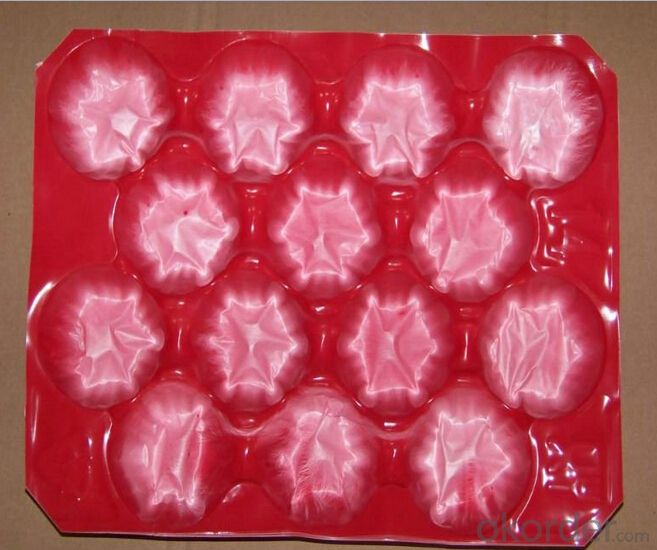
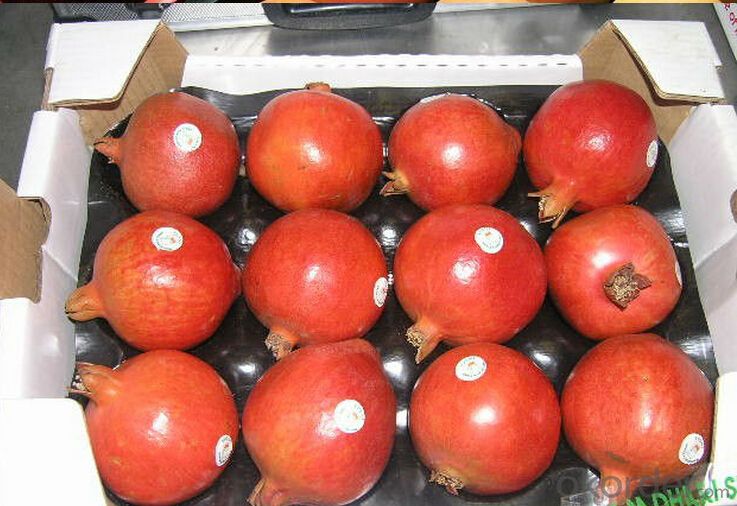
FAQ:
Q1 How fast can i get the quotation?
A We usually quote within 24 hours after we get your inquiry. If you are very urgent to get the price, please call us or tell us in your email so that we will regard your inquiry priority.
Q2 How can i get a sample to check your quality?
A After price confirmation, you can require for samples to check our quality.
Q3 What kind of files do you accept for?
A PDF, Word, Excel
Q4 Can you design for us?
A Yes. We have a professional team having rich experience in plastic tray design and manufacturing. Just tell us your ideas and we will help to carry out your ideas into perfect plastic tray. It does not matter if you do not have someone to complete files. Send us high resolution images, your Logo and text and tell us how you would like to arrange them. We will send you finished files for confirmation.
- Q: What criteria do farmers use to select high-quality agricultural plastic products for their fields?
- <p>Farmers choose high-quality agricultural plastic products for their fields by considering several factors. They look for durability, ensuring the material can withstand weather conditions and physical stress. UV resistance is crucial to prevent degradation from sunlight. They also consider the product's flexibility to adapt to different field shapes and temperatures. The permeability of the plastic is important for water and air circulation, affecting plant growth. Additionally, farmers check for chemical resistance to protect crops from harmful substances that may leach from the plastic. Lastly, cost-effectiveness and the environmental impact, including biodegradability, are also taken into account to ensure sustainable farming practices.</p>
- Q: How are plastic bird spikes used for bird control in agriculture?
- Plastic bird spikes are commonly used in agriculture to deter birds from landing or nesting on structures such as fences, rooftops, and ledges. These spikes feature thin, pointed rods made of durable plastic material, which make it uncomfortable for birds to perch or roost. When installed strategically, the spikes create a physical barrier that prevents birds from accessing these areas, thus reducing damage to crops, sheds, and other agricultural facilities caused by bird activities.
- Q: Can nursery trays be used for tree seedlings?
- Yes, nursery trays can be used for tree seedlings. Nursery trays provide a controlled environment for seedlings, allowing for proper root growth and easy transplanting. They also facilitate efficient watering and nutrient absorption, promoting healthy growth.
- Q: How do nursery trays help in reducing transplant shock?
- Nursery trays help in reducing transplant shock by providing a controlled and protected environment for young plants. The trays offer root insulation, preventing them from being exposed to extreme temperatures and environmental stress. Additionally, the trays promote healthy root development by allowing for proper drainage and aeration, which reduces the risk of root damage during transplantation. This ultimately minimizes transplant shock and improves the success rate of transplanting young plants.
- Q: This question asks whether agricultural plastic products that are biodegradable can be recycled with ease.
- <p>Biodegradable agricultural plastic products are designed to break down over time through natural processes, which is different from recycling. While they reduce environmental impact by decomposing, they are not typically recycled in the conventional sense. The recycling process for these materials can be more complex than for traditional plastics due to their unique composition and the need to manage their decomposition effectively. It's important to check local recycling facilities' capabilities and guidelines, as not all may accept biodegradable plastics for recycling. Proper disposal and composting are often recommended for these products to ensure they break down safely and effectively.</p>
- Q: I have heard you shouldn't eat food after you microwave it in plastic. Why?
- some plastics will melt and gum up the food others like plastic film will off gas and add chemicals to the food . Plastics come in many types , note the many types for recycling , not adviseable to use any in microwave that will touch the food. If using to cover food so as not to splash etc. use the dome typo of cover that does not touch the food and use glass dishes or ones marked microwave safe. Glass that heats up too hot to handle are a sign to avoid using again in microwave , they may be contaminating from glaze.and may actually explode into many pieces it used too often
- Q: What are the advantages of using plastic fumigation sheets?
- Plastic fumigation sheets offer several advantages, including their ability to provide a barrier against pests and insects, their durability and resistance to tear, their flexibility in covering various shapes and sizes of objects, their cost-effectiveness compared to other fumigation materials, and their transparency which allows for easy monitoring of the fumigation process.
- Q: Can nursery trays be used for starting ground orchids?
- Yes, nursery trays can be used for starting ground orchids. They provide a convenient and organized way to sow orchid seeds or propagate orchid plants. The trays help maintain the necessary moisture levels and are designed to promote healthy root development.
- Q: What are some ground cover options for areas with poor fertility and limited sunlight?
- Some ground cover options for areas with poor fertility and limited sunlight include moss, ferns, hostas, ajuga, vinca minor, and pachysandra. These plants are known to tolerate low-light conditions and can thrive in soils with lower nutrient levels.
- Q: Are agricultural plastic products resistant to plant viruses?
- No, agricultural plastic products are not inherently resistant to plant viruses. The resistance to plant viruses depends on the specific material and manufacturing process used for the plastic products. However, agricultural plastic products can help in reducing the spread and transmission of plant viruses by acting as a physical barrier between infected and healthy plants.
Send your message to us
Protective Inner Liner For Packaging Pomegranate
- Loading Port:
- Qingdao
- Payment Terms:
- TT OR LC
- Min Order Qty:
- 200000 pc
- Supply Capability:
- 6000000 pc/month
OKorder Service Pledge
OKorder Financial Service
Similar products
Hot products
Hot Searches
Related keywords
